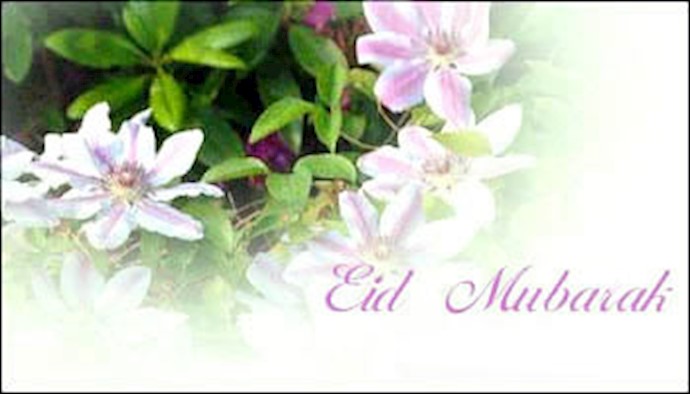Eid ul-Fitr often abbreviated to Eid, is a Muslim holiday that marks the end of Ramadan, the Islamic holy month of fasting. Eid is an Arabic word meaning “festivity”, while Fitr means “to break the fast” (and can also mean “nature”, from the word “fitrah”) and so symbolizes the breaking of the fasting period.
In some Muslim countries, Eid ul-Fitr is a three day celebration and is called “The Smaller Eid” compared with the Eid ul-Adha that lasts four days and is called “The Greater Eid”
Because the day depends on the sighting of the moon or scientific calculations, the exact date varies from country to country.
Eid al-Fitr marks the end of the fasting of Ramadan. This has to do with the communal aspects of the fast, which expresses many of the basic values of the Muslim community. Fasting is believed by some scholars to extol fundamental distinctions, lauding the power of the spiritual realm, while acknowledging the subordination of the physical realm.
The Islamic tradition also associates events with the occasion. For example, on Eid al-Fitr, the angel Gabriel descended with white clothes for each of prophet Muhammad’s grandsons.
In Iran
In the predominantly Shia culture of Iran, Eid is a highly personal event, and celebrations are often more muted. Called Eyde Fetr by most Iranians, charity is important on that day. Public Eid prayers are held in every Mosque and in public places. Visiting the elderly and gathering with families and friends is also very common. Typically, each Muslim family gives food to those in need. Payment of fitra or fetriye is obligatory for each Muslim.
Often meat or Kurbani (literally translated as sacrifice, for it is usually a young lamb or calf that is sacrificed for the occasion), which is an expensive food item in Iran, will be given by those in wealthier families to those who have less. The offering of meat is generally a part of the Eid-ul-Azha celebrations and sacrifices (Kurbani) are generally not given during the Eid-ul-fitr celebrations.
Fitr Feast or Eid ul-Fitr (Eyde Fetr)
RELATED ARTICLES








